News
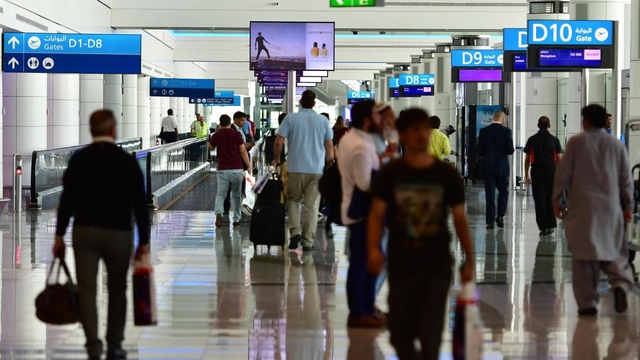
Kuwait bans residents coming from Sri Lanka
Sri Lanka is among seven countries that has been hit with a travel ban by Kuwait.
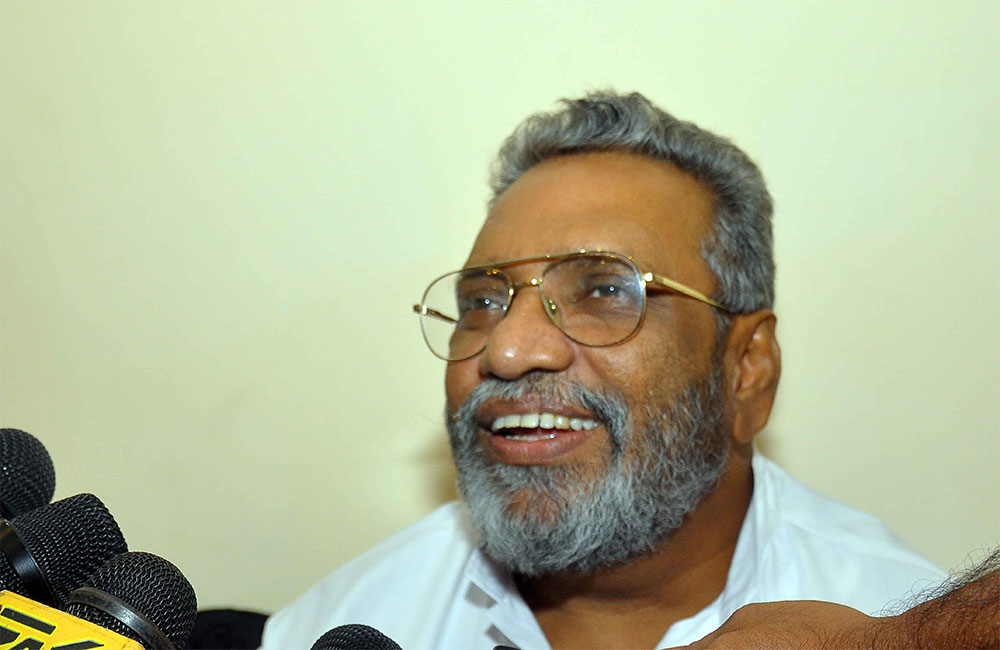
Advance polling for people under quarantine on July 31: NEC
Over 16 million voters are registered to vote on August 5 to elect a 225-member parliament for a 5-year term.
The election commission has been struggling to make arrangements for a free and fair poll due to the health risks caused by the COVID-19 pandemic.
"The pandemic has forced the election authorities to set an advance polling day for those under quarantine," Deshapriya said adding that "those under quarantine would be allowed to vote on July 31."
Deshapriya said the identities of the voters under home quarantine would not be revealed to the media.
This will be the first-ever election in Sri Lanka to have an advance polling date other than the postal voting for persons on election duties.
Sri Lanka has already extended the polling time for the twice-postponed August 5 parliamentary elections by one hour after conducting several mock polls in adherence to the safety guidelines due to the coronavirus pandemic.
President Gotabaya Rajapaksa on March 2 dissolved the Parliament, six months ahead of schedule, and called for snap polls on April 25.
However, the election commission in mid-April postponed the elections by nearly two months to June 20 due to the coronavirus outbreak in the island nation.
The commission last month informed the apex court that the polls cannot be held on June 20 because of the coronavirus pandemic and the new date was decided following a unanimous decision reached between the members of the commission.

Retired senior citizens affected due to low interest rates on deposits
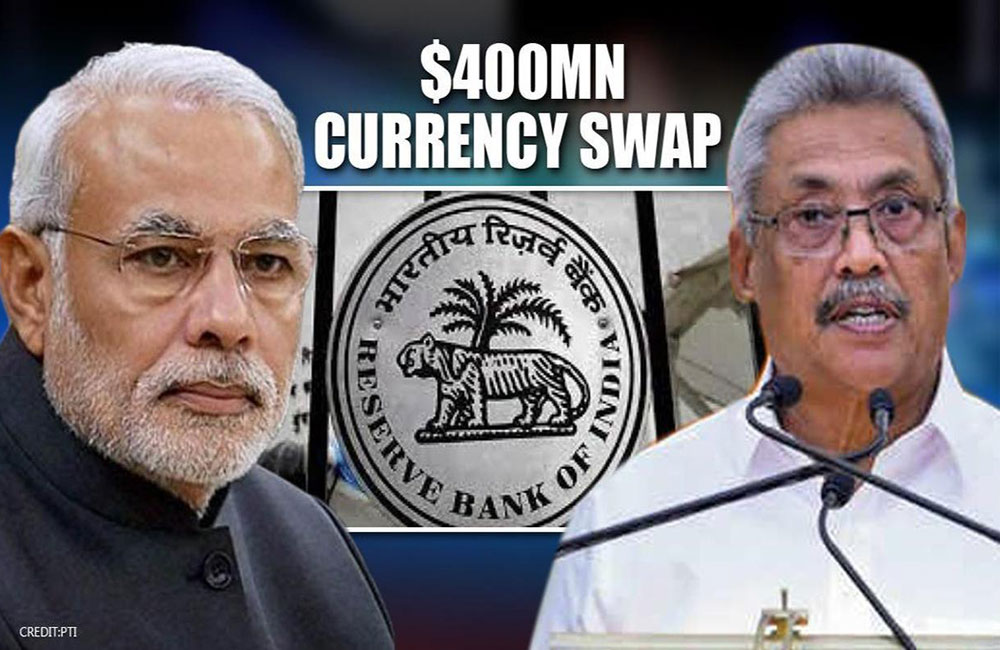
Cash strapped Sri Lanka signs $400 million currency swap with India
The Reserve Bank of India (RBI) signed documents for giving effect to the currency swap facility for the Central Bank of Sri Lanka on Friday. The arrangement will remain available till November 2022, and the Indian High Commission in Colombo informed senior officials of the Central Bank Sri Lanka government about the decision. Earlier, on July 14, Deputy High Commissioner Vinod K. Jacob had met and discussed the currency swap arrangement with the Governor of the Central Bank of Sri Lanka, Prof. W.D. Lakshman.
This currency swap was extended by India following a request from the Sri Lankan side for the facility under the South Asian Association for Regional Cooperation (SAARC) Currency Swap Framework in order to cope with the impact of the Covid-19 pandemic.
A statement issued by the Sri Lankan president’s office in May had quoted Rajapaksa as saying the special swap of US$ 1.1 billion "would enormously help Sri Lanka in dealing with our foreign exchange issues."
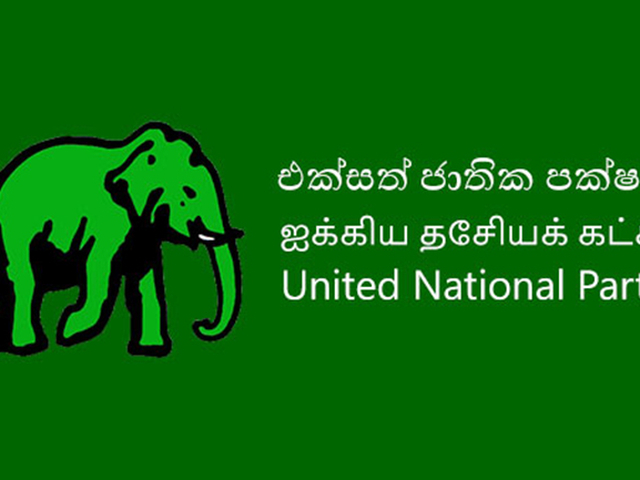
UNP expels 115 members aligned with SJB
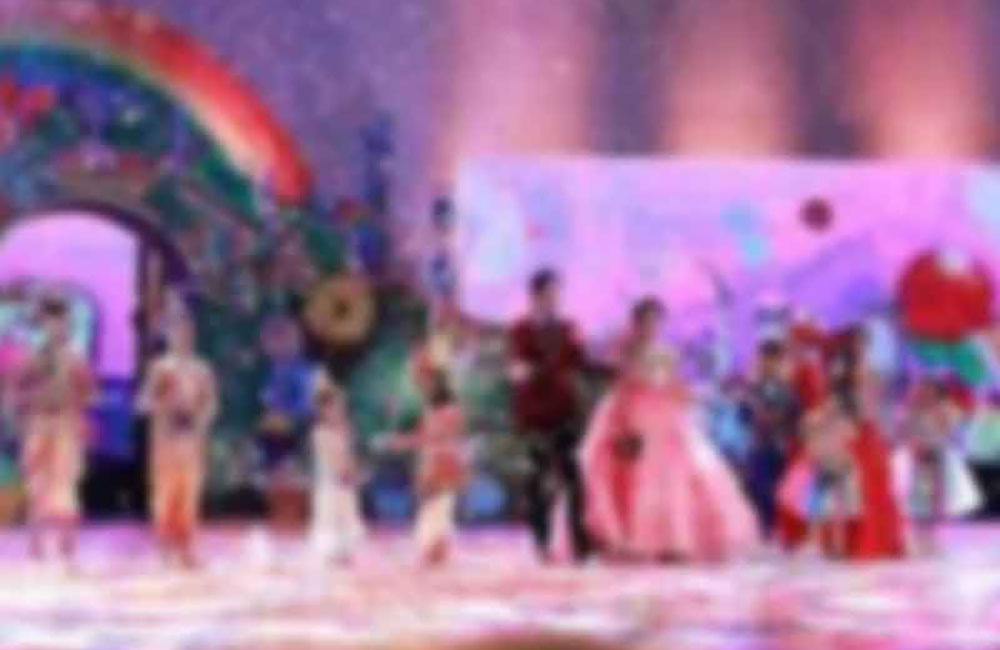
Child actors among those abused at 'Reality TV' programme
The suspect, said to be a television set designer, had allegedly been abusing children for quite some time.
It is reported that child actors are also among those who have been abused by this person. Further, Lankadeepa reported that the suspect has recorded videos of the abuse.
Based on information divulged by the suspect, the Police are conducting further investigations regarding the allegations.
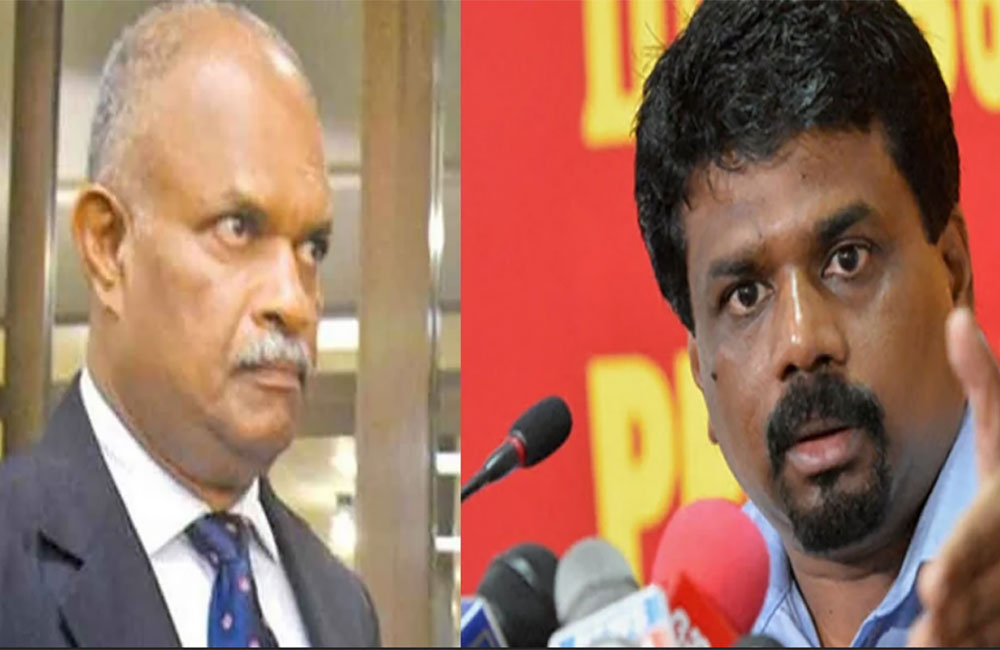
Anura and Shani won't be summoned until court case is over: PCoI
The Commission had earlier issued summons on 17 individuals including Dissanayake and Abeysekara regarding the complaint lodged by Chairman of Avant-Garde, Nissanka Senadhipathi on the alleged loss incurred by his company due to its arbitrary takeover during the former government.
Dissanayake and Abeysekara subsequently filed two writ applications before the Court of Appeal seeking a court order to cancel the summons issued on them by the PCoI.
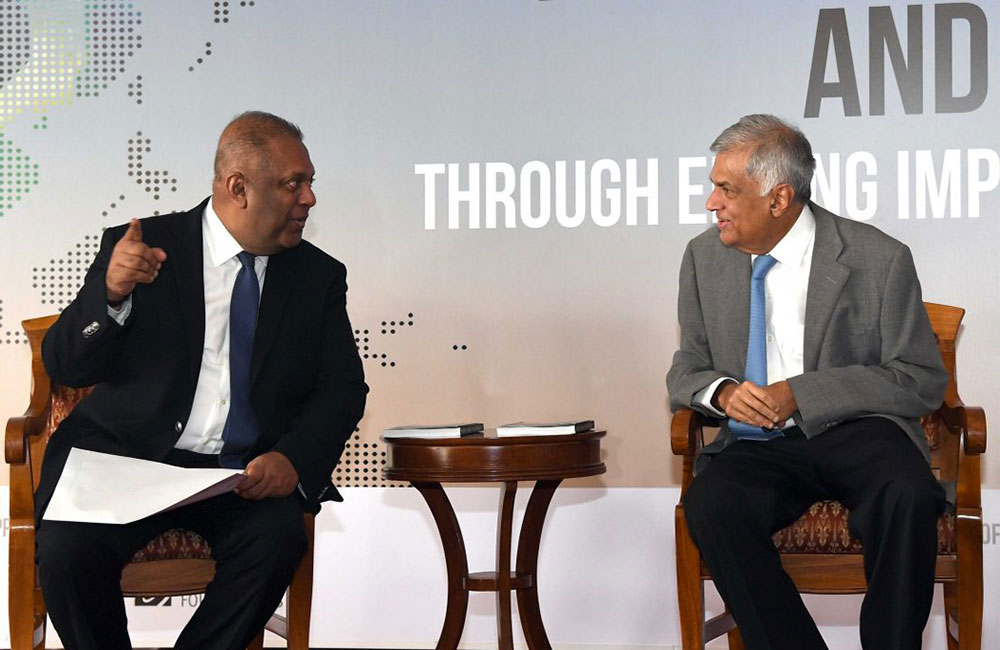
Ranil will be remembered as best President Sri Lanka never had - Mangala
Q: One of the most unexpected and headline-making stories that came out ahead of the Parliamentary Elections was your decision not to contest at the election. Why did you take such a big step at such a crucial moment?
This is something I have been thinking of ever since the presidential election was over. In fact, 31 years ago in 1989 when I first entered Parliament, I actually decided to come into politics because of the dreadful human rights situation at the time, especially in the deep south where I come from. And when I was invited by Mrs. Sirimavo Bandaranaike to become the organiser of the SLFP for Matara, I finally decided to take up the offer because I felt – I suppose when we’re young we all think we could change the world – that I could make a difference. And that’s why having entered Parliament in the general election of 1989, I along with Mahinda Rajapakse, started the Mothers’ Front movement at my own house in Walpola, Matara and we were both co-convenors of the movement.
Q: But do you think you did enough while you were in office to actually make change?
Q: Do you think that the opinions you had expressed, prior to the presidential election when Sajith Premadasa was also going to contest, were not taken well and that probably cost Sajith Premadasa the election as well?
Q: Some are saying that you are probably looking at a role, beyond Sri Lanka, maybe at the UN?
I have been invited to do some lectures at Harvard by a very good friend of mine in America and all that. But no. My life is in Sri Lanka. I love Sri Lanka. In fact, as a student I stayed for 10 years in the UK. I could have easily got Permanent Residency there, but even at that age, I wanted to go back to Sri Lanka and I don’t regret that decision, especially now at 64, I certainly am not going anywhere. I will stick it out and I think Sri Lanka needs the values I believe in more than ever before.
Q: With the current Parliament, do you think there is someone out there who can actually bring the sort of change that you are expecting?
The only person who can perhaps even understand or even have a certain conception of the values that I’m talking about is Ranil Wickremesinghe. I have a great deal of respect for him. But on the other hand he is not a populist politician, unfortunately for the country. In fact, I always believe that Ranil Wickremesinghe – I hope I’m wrong, there’s still time – will always be remembered as the best president Sri Lanka never had. But beyond that I feel we don’t have to have people in Parliament as long as there are people within this country, especially the youth. I think it’s finally their country, and they are the ones who have to live here for the next 50 or 60 years, all the mistakes that we do today, they are the ones who will live through it and I’m beginning to feel there is the new ‘X’ generations, the ‘Y’ generations, the ‘Z’ generations, all these new terms there are, they’re becoming far more enlightened and far more forward than we are.
Q: You’re talking about Ranil Wickremesinghe, but you supported Sajith Premadasa.
Sajith was actually an extremely good minister. In fact as Finance Minister he was one of the few ministers to whom I allocated certain funds without any fear because I knew the money would be put to good use efficiently. There is a lot of waste in some of the other ministries. He was an excellent minister and of course he was also the popular face of the party and that was one of the reasons I really fought for his candidacy at the presidential election, because I really wanted to defeat or at least stop the recurring of the Rajapaksa regime at any cost.
Q: Isn’t that the biggest issue where people are going for populists as opposed to capable leaders?
Exactly. I suppose it’s not only a problem with this country, but populism is becoming the bane of many a democracy. Right at this moment, look at what’s happening in the United States, look at what's happening in Romania, to what’s happening in Brazil. You know all these populist leaders are being swept into power without thinking of the consequences that will follow. But in Sri Lanka perhaps providence is doing that within seven months. All those people who voted for the change are beginning to realise what a dreadful mistake they had made. And I believe after the elections, after the 5th of August, the true nature of this government, people will be able to see. And that is when I think a very strong movement to protect our democracy from militarisation and also a new dangerous trend is also taking place where you have the executive basically completely ignoring the legislature that is the Parliament.
Q: You have worked with the likes of Mahinda Rajapaksa, Ranil Wickremesinghe, Maithripala Sirisena and so on. Do you have any regrets looking back at your time in office, about more you could have done with these leaders or maybe they just didn’t give you the space to do that?
Of course I must say that during Chandrika Kumaratunga’s administration I was given the most space and it was during that period I did the most amount of work for the country, starting from the privatisation of telecom to starting the Colombo redevelopment plan and all that. The opportunity came during that time. But ever since I regret not being able to do more with some of the other leaders, because as I say, their agenda was hi-jacked by extremists in some of the other places along the way.
Q: Another area you openly spoke on was LGBT rights. This is a sensitive issue and often took a backseat. Do you think Sri Lanka will ever recognise LGBT rights?
We have to. In fact, I feel I haven’t spoken enough about LGBT rights. Perhaps from the sort of background that most of us come from Colombo, LGBT issues were never an issue. It was basically accepted by your families, your friends, by your teachers, etc.
Q: That was included in the national action plan, wasn’t it?
It was, in fact that was included in the national action plan, because we are still, as far as LGBT rights, especially gay rights are concerned, governed by one of the most archaic laws. It is from the time of Queen Victoria. Then of course, Queen Victoria’s own country has moved forward away from it and today we are still protecting Queen Victoria’s law saying it is part of the Sinhala Buddhist culture, which is an absolute joke. I mean, two consenting adults having the right to love each other is their private business and nothing to do with the state or the government.
Q: Talk us through Sri Lanka’s foreign policy. When you were foreign minister, you took an independent stand. Now we see a bit of confrontation taking place with the US and India. Is Sri Lanka’s foreign policy on the right track?
It is disastrous. Sri Lanka is again rapidly hurling towards confrontation and international isolation. In fact over the years especially in 2015, Sri Lanka opened itself up to the world and we established excellent relations with all the different power blocks. I mean we had excellent relations with the United States; the secretary of state John Kerry - the first visit by such a high officer in 44 years – was here. Samantha Power, the US ambassador to UN was here several times. And in fact even President Obama who used to call us the good news country at that time, because in a world full of conflict Sri Lanka was the country he was getting good news about all the reform and all the changes and in its democratisation, and in his last trip to Asia in 2016 to Vietnam, he finally agreed to come to Colombo, the first ever state visit it would have been by the US president, in May of that year. But the day he could actually allocate was the very day we were celebrating Vesak here. President Sirisena was quite excited and said no no no, bring him, we can go and see the pandals together, but the American President had more things in mind, like a joint address to Parliament, so finally that was taken off his itinerary. So likewise, with the whole world, we were welcome by President Putin in Moscow, by China, we had a very close relationship with the EU.
Q: But some say you distanced yourself with China.
Not at all. We didn’t want to only deal with China. We wanted a balanced foreign policy, where we would open ourselves to the whole world.
Q: Wasn’t there too much interference from the US?
Why should the US?
Q: Because they were at the Human Rights Council?
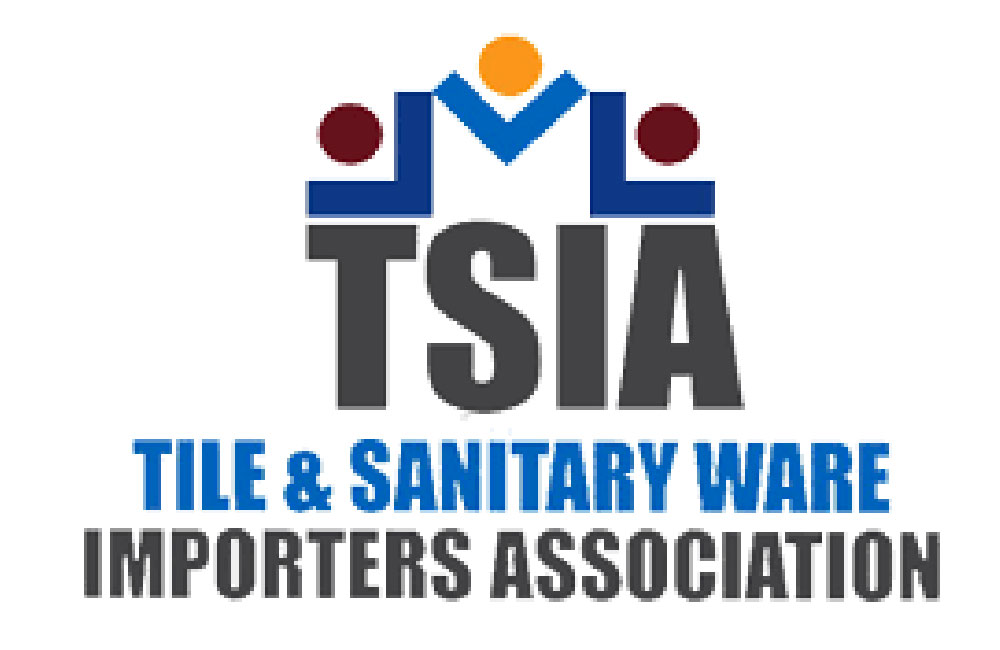
Tile and sanitaryware importers run out of business due to temporary ban
The COVID-19 outbreak has prompted the government to impose a temporary ban on all imports except a few essential items.
After considering the situation and appeals of importers, it has issued a new regulation dated July 16, 2020 in a special gazette notification canceling the previous regulation published on May 21, 2020 lifting the prohibition of many other imported products.
But to the dismay of tile and sanitaryware importers numbering over 300, the government has not lifted the ban on their imports.
The country will be losing LKR 15 billion as taxes per annum, several local importers said adding that with the present depreciation of the rupee they are faced with bigger issues as they buy in dollars and sell in Sri Lanka rupees.
At present, this industry provides direct and indirect employment to around 50,000 individuals with over 2,000 dealers countrywide.
While local manufacturers hold 50% of the market share, the importers are surviving in the industry with 50% of the market share, they pointed out.
The temporary import prohibition on tiles and sanitaryware imports will have a spilling effect on auxiliary related industries such as warehousing and logistics, clearing and forwarding, banking and finance, construction and commercial real estates.
It will increase under employment among a large number of professionals such as architects, engineers, consultants, quantity surveyors, sub-contractors as well as tile masons and daily wage earners, they warned.
Therefore, restricting imports would adversely impact the income generated for warehouse and showroom owners’ countrywide, they claimed.
In a letter to the head of Presidential Task Force on Economic Revival and Poverty Eradication Basil Rajapakasa, the secretary of Tile and Sanitaryware Importers Association (TSIA), E.S. Bulathsinhala has urged the authorities to grant them approval to import these products under 180 day LC s.
This will immediately prevent the 50 percent shortage of Tiles and Sanitary ware in the local market and make available quality products at reasonable prices, he added.
Therefore, Sri Lankan tile and sanitaryware importers are calling for the lifting of a temporary ban to help cope with the fallout from the coronavirus outbreak which has disrupted their business outright.
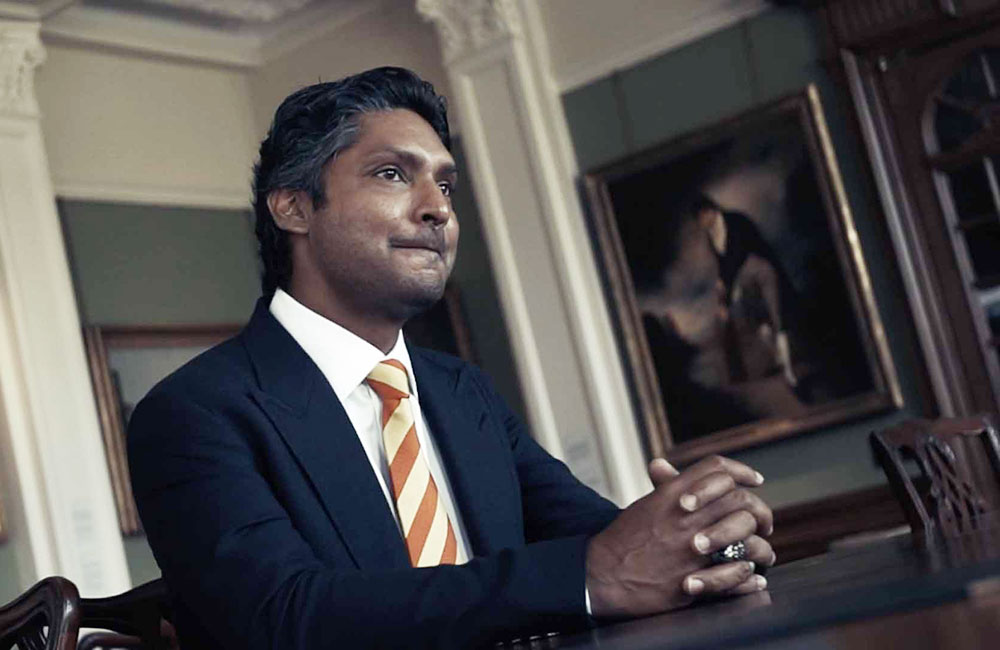
"Skin colour isn’t the only basis of discrimination": Sangakkara
Sri Lanka legend Kumar Sangakkara has raised pertinent points on the prevalence of societal malaise like racism and talked about the importance of bridging the gap in the education system.
“Once you understand what real history is, I think you will find lots of attitude changes,” Sangakkara said in a chat with Cricbuzz.
“We are all taught to love our country. But sometimes we follow that blindly and that stops us from appreciating other cultures, other countries, other people, other races, other religions.”
“So educate yourself, open your mind, but more importantly open your eyes, because without that change won’t happen and change isn’t going to be overnight.”
However, besides skin colour, a person can also face discrimination based on her caste, nationality, religion and gender. Former Sri Lanka understands these facets very well and talked about the importance of teaching history in the purest form, without any adulteration, to children.
“Skin colour isn’t the only basis of discrimination. There are various ways of racism and discrimination. Some historically and some in a certain context, skin colour isn’t the only basis for discrimination.”
“If you take Black Lives Matter if you take racism and discrimination in the world, I think one of the most important things is to teach our children history as it should be, and not the sanitised version of it, so you only see the positives,” Sangakkara added.
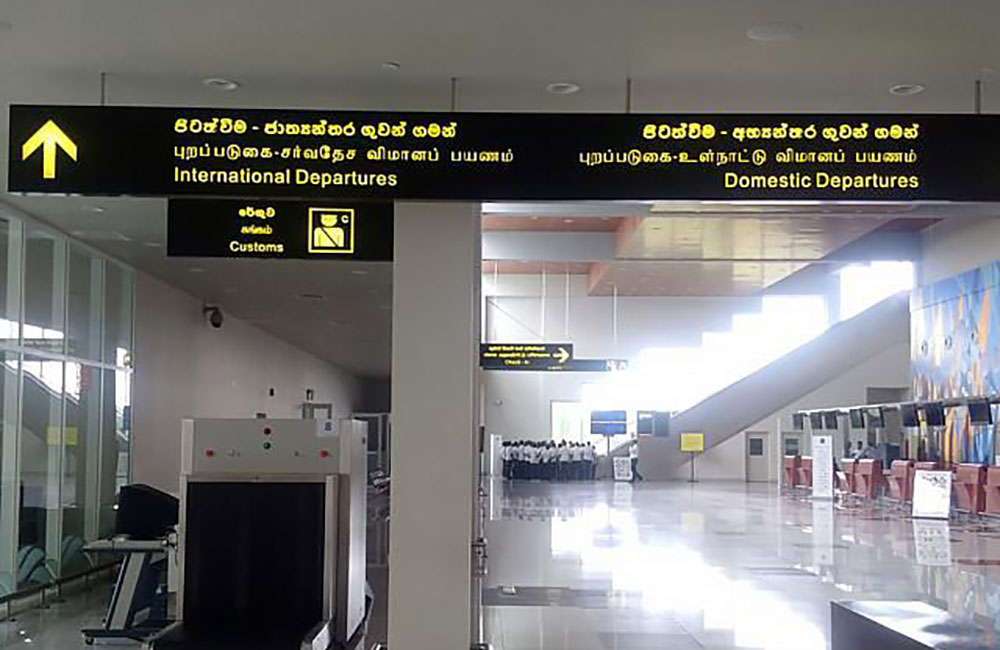
Sri Lanka suspends joint venture at ‘the world’s emptiest airport’
But all too often they turn out to be white elephants unable to attract commercial airlines. Spain has some good examples.
In Sri Lanka the same appears to be happening, with the Indian Airports Authority reported to have been frozen out of a joint venture with the Sri Lankan government to develop the new Mattala airport. That is surprising, because politically it is in India’s interests to assist with developments like these and, at the same time, keep China out.
“At best a white elephant”
The new Mattala Rajapaksa International Airport (MRIA) in Sri Lanka has been described as “at best a white elephant with a very small catchment area”, and that “nobody flies there”. And that was from SriLankan Airlines’ former CEO Suren Ratwatte.
At the time (2018) it seemed that the airport would be taken over by Airports Authority of India (AAI), and that the plan seemed to be for AAI to invest in the airport. Mr Ratwatte added that, in terms of some of the large China-supported infrastructure projects in Sri Lanka: “Who the infrastructure was supposed to cater to, I really don’t know”.
MRIA was opened in Mar-2013 by President Mahinda Rajapaksa, who had ordered the construction of the airport.
In mid Jul-2018 Sri Lanka’s Government requested that AAI submit a business plan for the operation of the airport. AAI was expected to tackle issues that included how many flights it would bring in, and which Indian airlines in particular would service the airport – even though it has no control over those.
Intriguingly, it once appeared, when this procedure began, that the Sri Lankan government was seeking to do a deal with the Indian government directly rather than with AAI, which is an agency operating under the auspices of the Indian Ministry of Aviation.
Later, the Sri Lankan airport was planning to form a joint venture with a private Indian company to operate the airport. GMR became the chief “suspect”, and in fact had been so since as long ago as Oct-2017, when the Sri Lankan government was first reported to be “in advanced talks” with an Indian company to award a concession contract.
All eventualities were on the table
And the situation was further confused by a statement made at the beginning of Jul-2018 by Sri Lanka’s Deputy Minister of Transport after the visit of a delegation from India, to the extent that the government did not plan to sell the airport “despite (it) making losses”.
So… a deal with the Indian government, with AAI as a JV partner, with a private Indian company, and no deal at all. All eventualities were on the table if reports are to be believed.
India’s interest may have political drivers and could be based around China’s growing influence, having already supported the initial financing of the airport and already holding a presence at the nearby Hambantota shipping port (to access one of the world’s busiest shipping lanes) under a 99-year lease.
Obviously China’s intentions are unclear, but under its ‘One Belt, One Road’ (OBOR) initiative access to a port and airport would have given it increasing power in the subcontinent. As some commentators have pointed out, OBOR is primarily to influence control over the Asian ‘rim’, which runs around and through Sri Lanka.
The need for India to keep China at bay in this area has been heightened by worsening political relations between China and just about every other country on earth (except Iran) since the COVID-19 pandemic began (NATO is expected soon to come knocking on India’s door), and by border clashes between China and India during the past two months.
Indian company favoured because of potential visitor volume
An Indian company was favoured by the Sri Lankan government to be the majority partner because India “can bring the largest volume of tourists to this airport”.
And Mattala Rajapaksa Airport needs those visitors. It was conceived as a second international airport for the country but is situated on the south coast, 120 km from Colombo. It was built by the government with the benefit of soft loans – including, tellingly, one from China Exim Bank – and opened in 2013 as the country’s first greenfield airport.
One of the reasons for the site selection appears to be that of the reconstruction of a town (Hambantota) and wider region that was destroyed in the 2004 Indian Ocean tsunami. The intention is to transform Hambantota into the second major urban hub of Sri Lanka, and purposefully at a distance from Colombo so as not to over-centralise.
Although there are beach resorts and safari sites in the area, the Hambantota district is not Sri Lanka’s premier tourist location by any means. The main reason for the development is simply reconstruction.
Commercial services largely unsustainable
Mattala Rajapaksa opened with several airlines having committed to service there, led by SriLankan Airlines, which actually set up a hub operation, even though the airport is not well located geographically to support hub services.
Demand was so low that the airline soon left, and currently there are no scheduled services as such, apart from air taxi services operated by Cinnamon Air using Cessna aircraft. CAPA has received no passenger traffic statistics since 2017.
It has been called "The World's Emptiest International Airport" due to its low number of flights, despite the large size of the airport.
This is quite an achievement, given the number of ‘aeromuertos’ that opened in Spain but never got going, most of which were closed down and now languish unused and unloved in the sun (except for parking unused aircraft right now, that is).
Unaffected by the pandemic
The total seat capacity for 2020 is 20,610 which is actually over 1,000 more than in 2019, thus making it one of very few airports anywhere which have not been adversely affected by the pandemic!
According to CAPA – Centre for Aviation, data from OAG shows that all the seat capacity is concentrated into three ‘waves’ of hour blocks daily (0700-0900; 1200-1300; and 1700-1800), with flights to two places – Katugastota (Kandy) in the centre of the country, and Anuradhapura in the north, probably for tourist reasons.
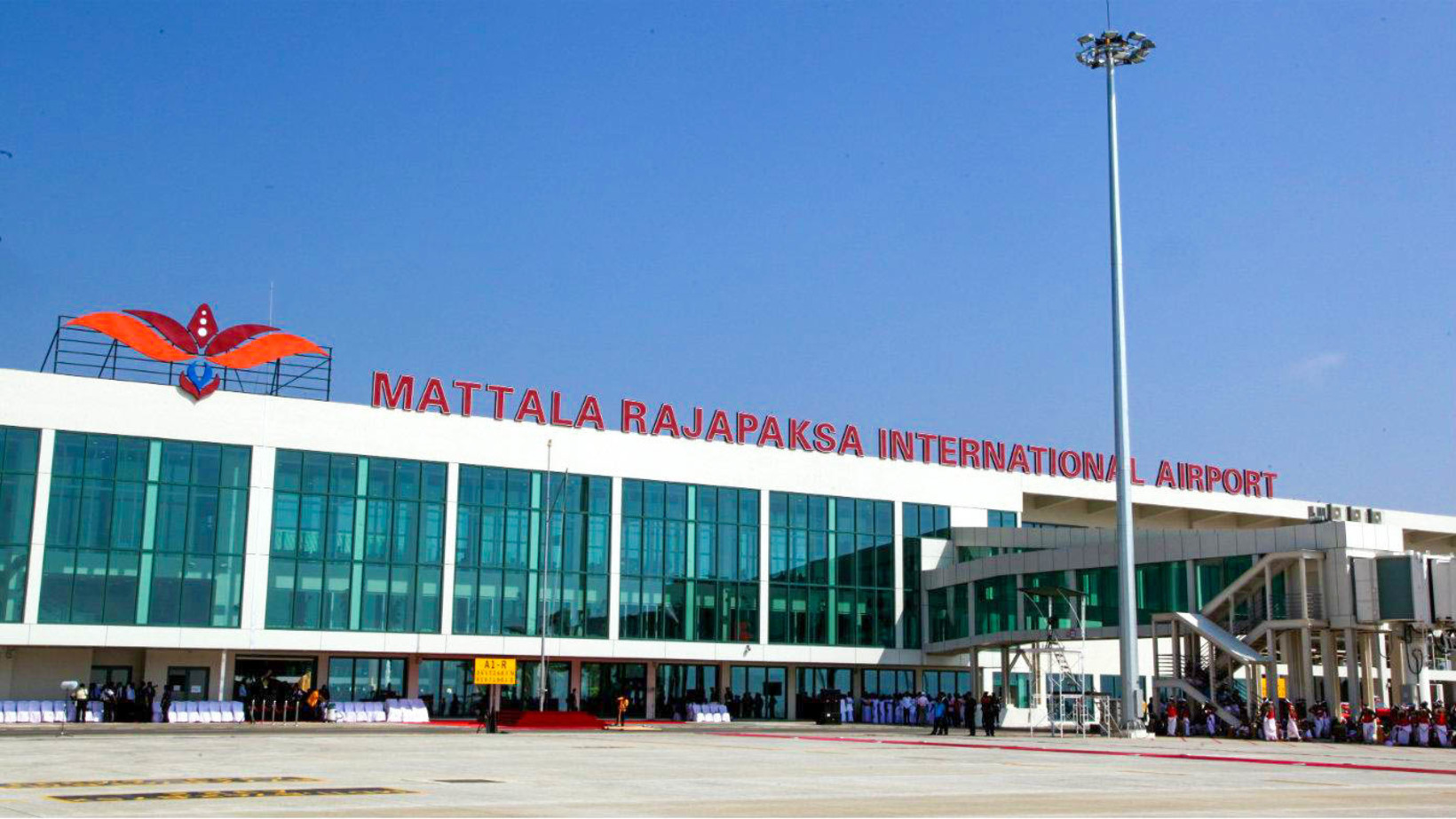 Source: CAPA - Centre for Aviation and OAG
Source: CAPA - Centre for Aviation and OAG
Mattala's usage is being diverted towards MRO and cargo activities, possibly aircraft storage. The access road to the airport is now used for farming purposes, and at night by elephants. From white elephant to real elephant, one might say.
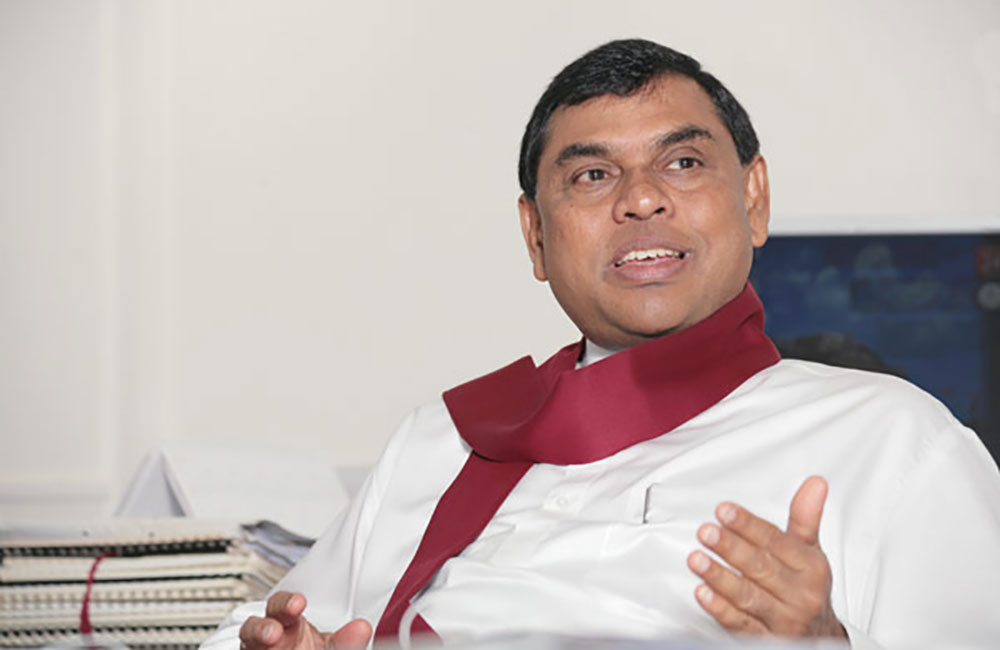
Basil slams Oshadi: A 'donkey' in the nominations board approved your nomination
"I responded saying, though there are no mules and horses among candidates, there was definitely a mule in the nomination board and that is why you were given a nomination," said Basil Rajapaksa.
On the 09th of July, Oshadhi Hewamadduma contesting from the SLPP said President Gotabaya Rajapaksa will endure the fate of the former government if intelligent individuals are not elected to parliament.
She further said the SLPP awarded nominations for mules and horses adding the people must only vote for the horses and not the mules.
Page 243 of 510